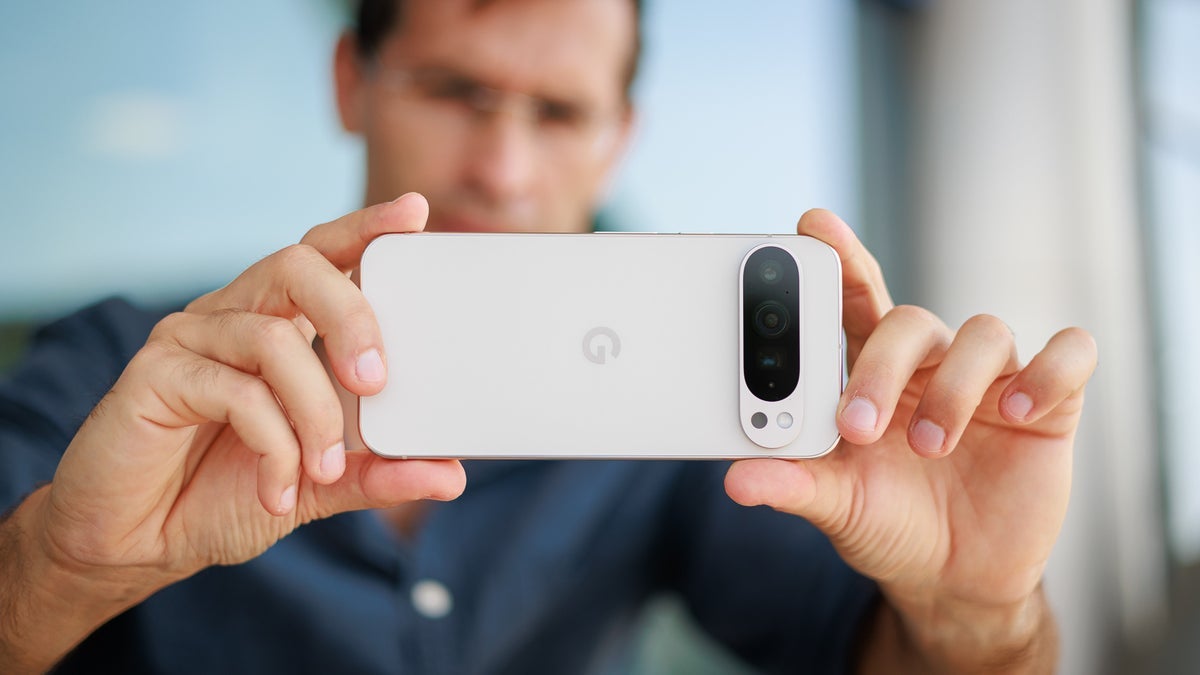You surely know about apps requesting access to all media on your smartphone, or as it’s usually referred to – “Gallery”. In fact, when an app gets access to your entire Gallery, it can potentially learn a lot of things about you. Protecting your photos, videos, and screenshots from apps is quite important.
Back in 2022, Google introduced a more private media picker with Android 13, to protect your photos and videos from apps. The feature was backported all the way down to Android 4.4+. This feature allows app developers to request access in a more secure way.
Many popular apps have since adopted the media picker. However, there are still some apps that still request access to the entire media library. Interestingly enough (or maybe, quite alarmingly so), some of these apps don’t even need access to your photos or videos in order to function properly, and access is often needed only for one time.
Now, Google is enforcing the policy of the new Android Photo Picker instead of simply requesting it. Now, the tech giant will reportedly include the new photo picker requirement in a Play Store policy.
The Photo Picker API is there to give an app access to specific photos or videos, and not the entire media library. Also, it grants a one-time permission or infrequent access to some of them.
It allows you to select photos and videos to grant access to an app. You can also use the Photo Picker to see a large preview and tabs to switch between items and albums.
Reportedly, starting in early 2025, only apps with core functionality relying on accessing the user’s image and/or videos will be allowed permission to read media images in your entire library.
All in all, developers have until October 31 of this year to justify why access to a user’s entire media library is necessary for their apps. They will have to submit a declaration form to make sure they qualify. Private and enterprise management apps are excluded from this policy at this moment.
I very much agree that many apps don’t need the access they request, and I fully support Google’s decision to crack down on apps that get more access than needed on people’s phones.

